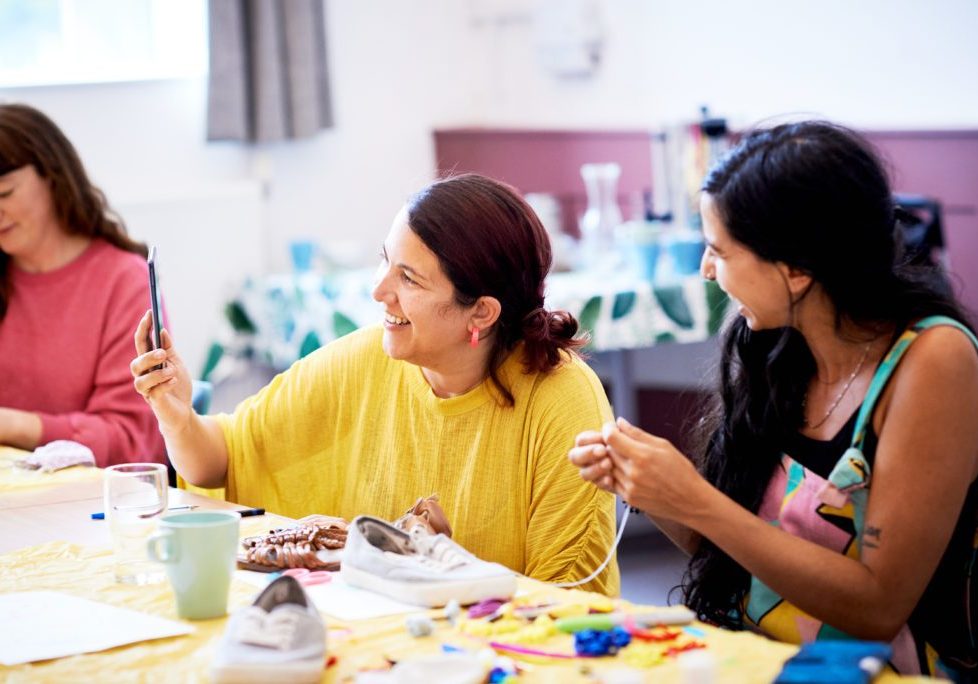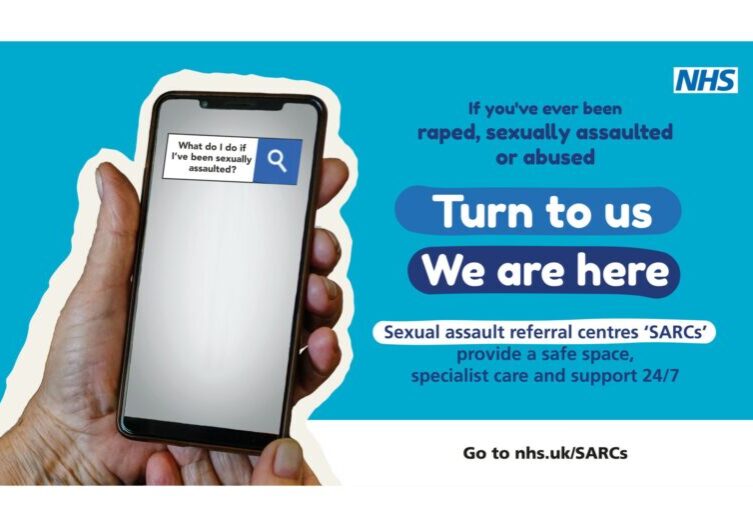
FGM
Procedures that involve the partial or total removal of the external female genitalia, or other injury to the female genital organs for non-medical reasons.
What is Female Genital Mutilation (FGM)?
Female genital mutilation (FGM), also known as female circumcision or female genital cutting, is defined by the World Health Organisation (WHO) as “all procedures involving partial or total removal of the external female genitalia or other injury to the female genital organs for non-medical reasons”. It is a form of child abuse.
The procedure is traditionally carried out by an older woman with no medical training. Anaesthetics and antiseptic treatment are not generally used and the practice is usually carried out using basic tools such as knives, scissors, scalpels, pieces of glass and razor blades. Often iodine or a mixture of herbs is placed on the wound to tighten the vagina and stop the bleeding.
It has no health benefits and is recognised internationally as a violation of human rights.
Worried about FGM?
Call the NSPCC FGM helpline if you’re worried a child is at risk of, or has had, FGM. It’s free, anonymous and open 24 hours a day 0800 028 3550.
For more advice and support in Bristol, visit https://bnssgccg.nhs.uk/health-advice-and-support/female-genital-mutilation/
The latest from our news and blogs

Introducing our FREE ‘Drop-In & Reach Out’ support service in Bristol
This year, we were proud to launch our new, free ‘Drop In & Reach Out’ service – designed to provide accessible emotional support and wellbeing resources to people in Inner City and East Bristol.

Isabelle Smith, star of Hollyoaks: Why I’m running the Great Manchester Run for SARSAS
We’re so proud to share that Isabelle Smith, Hollyoaks star, is running the Great Manchester Run 10k this weekend in support of SARSAS!

What is a sexual assault referral centre (SARC)?
A SARC can offer free, confidential medical, practical and emotional support to people who have been raped, sexually abused or assaulted at any point in their lives. They’re usually provided by the NHS, but will always have specially trained doctors, nurses and support workers.










